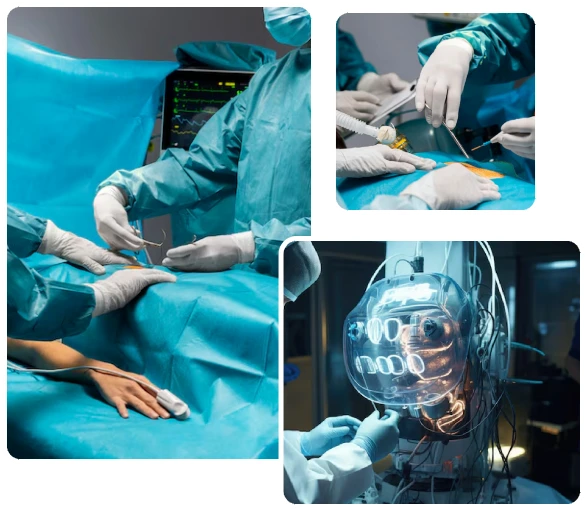G.I. Surgery Hospital in Dumdum


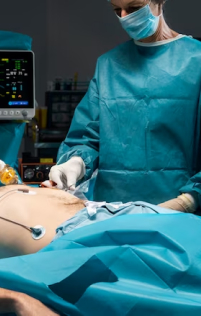

Our Doctors
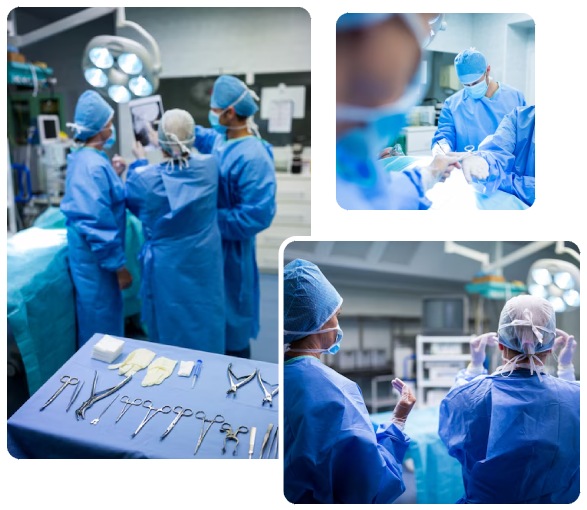
What is Gastrointestinal (G.I.) Surgery?
G.I. Surgery is a specialized procedure targeting the digestive system, which includes organs such as the esophagus, stomach, small intestines, colon, gallbladder, and pancreas. This surgery can address a wide range of issues, including benign or malignant conditions like hernias, appendicitis, or digestive cancers. It may also be used for diagnostic purposes or to improve a patient’s quality of life when medications fail to work.
G.I. Surgery Preparation
At SH Binayak Multi-specialty Hospital, we ensure patients are thoroughly prepared for G.I. surgery treatment in Dumdum. Patients are provided with clear pre-surgery guidelines, such as fasting, and post-surgery care instructions to ensure safe recovery, including dietary restrictions and activity limitations. Proper adherence to these guidelines is crucial to managing abdominal surgery recovery effectively.
Conditions Treated by G.I. Surgery
Gallbladder Issues
Hernia
Appendicitis
G.I. Cancers
Bariatric Surgery
IBD (Inflammatory Bowel Disease)
GERD (Gastroesophageal Reflux Disease)
Intestinal Obstruction
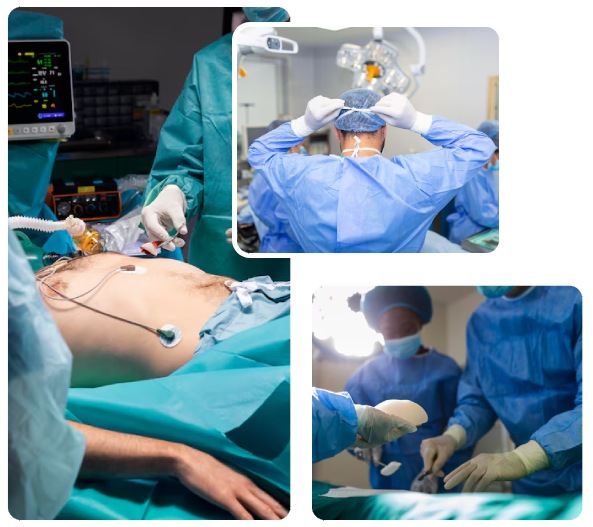
Let Us Call You Back
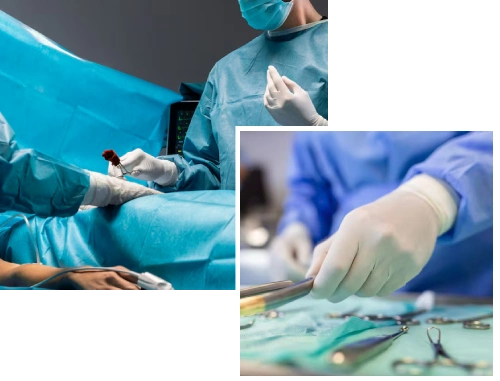
Post-Surgery Care
After G.I. surgery, a structured recovery plan is essential to ensure the best outcome. Patients may experience abdominal surgery side effects such as discomfort, bloating, and mild pain, which should improve over time. Follow-up care focuses on monitoring abdominal surgery scars and preventing complications. Our gastrointestinal surgery critical care team ensures each patient receives personalized post-surgery care to support a smooth recovery.
Common post-surgery care tips:
Why Choose SH Binayak Multi-specialty Hospital?
For those dealing with complex digestive issues, SH Binayak Multi-specialty Hospital is the trusted choice for G.I. surgery treatment in Dumdum. From diagnosis to recovery, our comprehensive approach guarantees you’re in capable hands at every step of your treatment journey. Contact us today.
